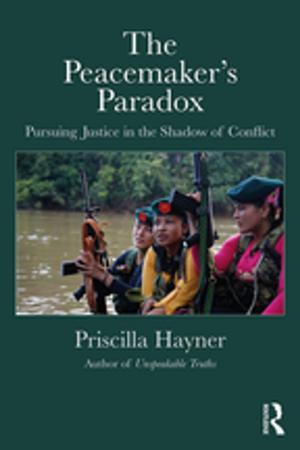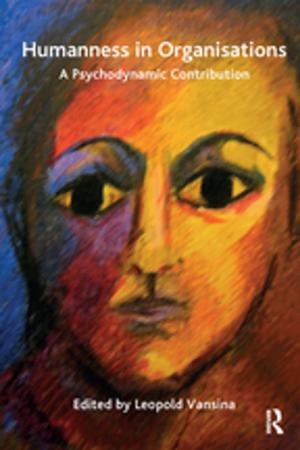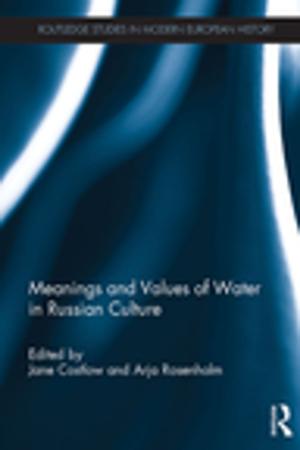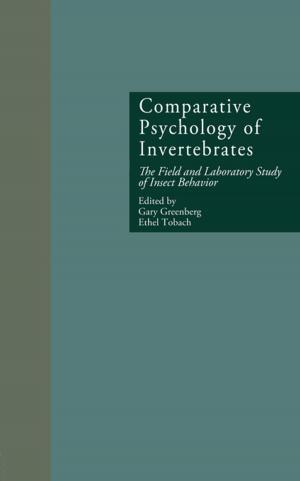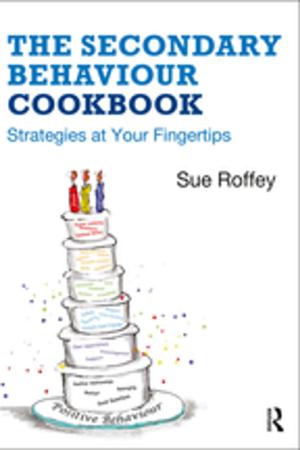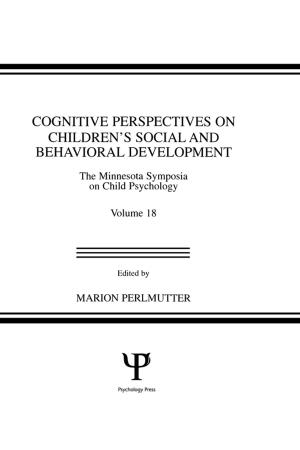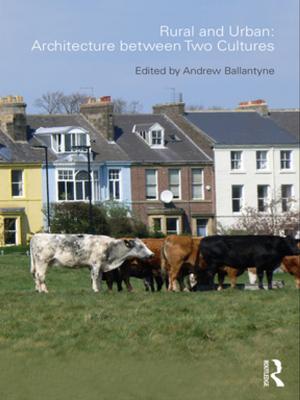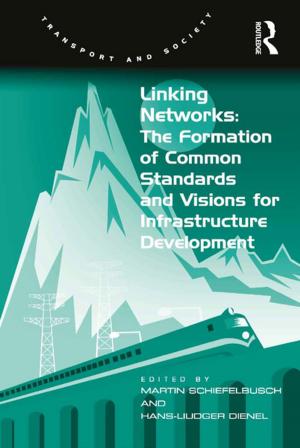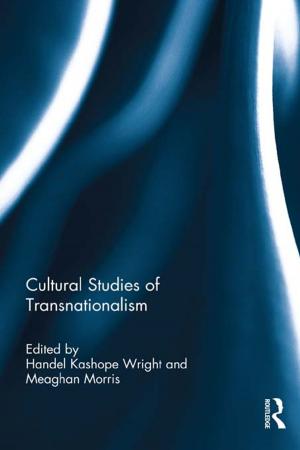Quality Teaching and the Capability Approach
Evaluating the work and governance of women teachers in rural Sub-Saharan Africa
Nonfiction, Reference & Language, Education & Teaching, Educational Theory, Educational Reform, Teaching, Teaching Methods| Author: | Alison Buckler | ISBN: | 9781317628651 |
| Publisher: | Taylor and Francis | Publication: | April 24, 2015 |
| Imprint: | Routledge | Language: | English |
| Author: | Alison Buckler |
| ISBN: | 9781317628651 |
| Publisher: | Taylor and Francis |
| Publication: | April 24, 2015 |
| Imprint: | Routledge |
| Language: | English |
This book provides an analytical exploration of the condition of teachers working in expanding school systems across the world, with a particular focus on the lives of women teachers in rural Sub-Saharan Africa. Drawing from award-winning research, it looks beyond the official portrayals of teachers’ lives in order to better understand the reality of the contexts in which teachers live and work.
Positioning Amartya Sen’s capability approach at the heart of the study, each chapter considers documentary evidence alongside ethnographic research from rural, remote and under-resourced schools in Ghana, Nigeria, Kenya, South Africa and Sudan. Interweaving rich narratives from teachers in a variety of contexts, the book proposes a concept of professional capability and examines female teachers’ agency to pursue and achieve this in their classrooms. This key examination challenges existing notions of ‘quality education’ and reveals insights into the broader purpose of schooling for rural communities.
Quality Teaching and the Capability Approach will be of value to researchers, academics and postgraduate students in education, particularly those concerned with gender, development and teaching, as well as educationalists and policy makers concerned with education and development.
This book provides an analytical exploration of the condition of teachers working in expanding school systems across the world, with a particular focus on the lives of women teachers in rural Sub-Saharan Africa. Drawing from award-winning research, it looks beyond the official portrayals of teachers’ lives in order to better understand the reality of the contexts in which teachers live and work.
Positioning Amartya Sen’s capability approach at the heart of the study, each chapter considers documentary evidence alongside ethnographic research from rural, remote and under-resourced schools in Ghana, Nigeria, Kenya, South Africa and Sudan. Interweaving rich narratives from teachers in a variety of contexts, the book proposes a concept of professional capability and examines female teachers’ agency to pursue and achieve this in their classrooms. This key examination challenges existing notions of ‘quality education’ and reveals insights into the broader purpose of schooling for rural communities.
Quality Teaching and the Capability Approach will be of value to researchers, academics and postgraduate students in education, particularly those concerned with gender, development and teaching, as well as educationalists and policy makers concerned with education and development.


